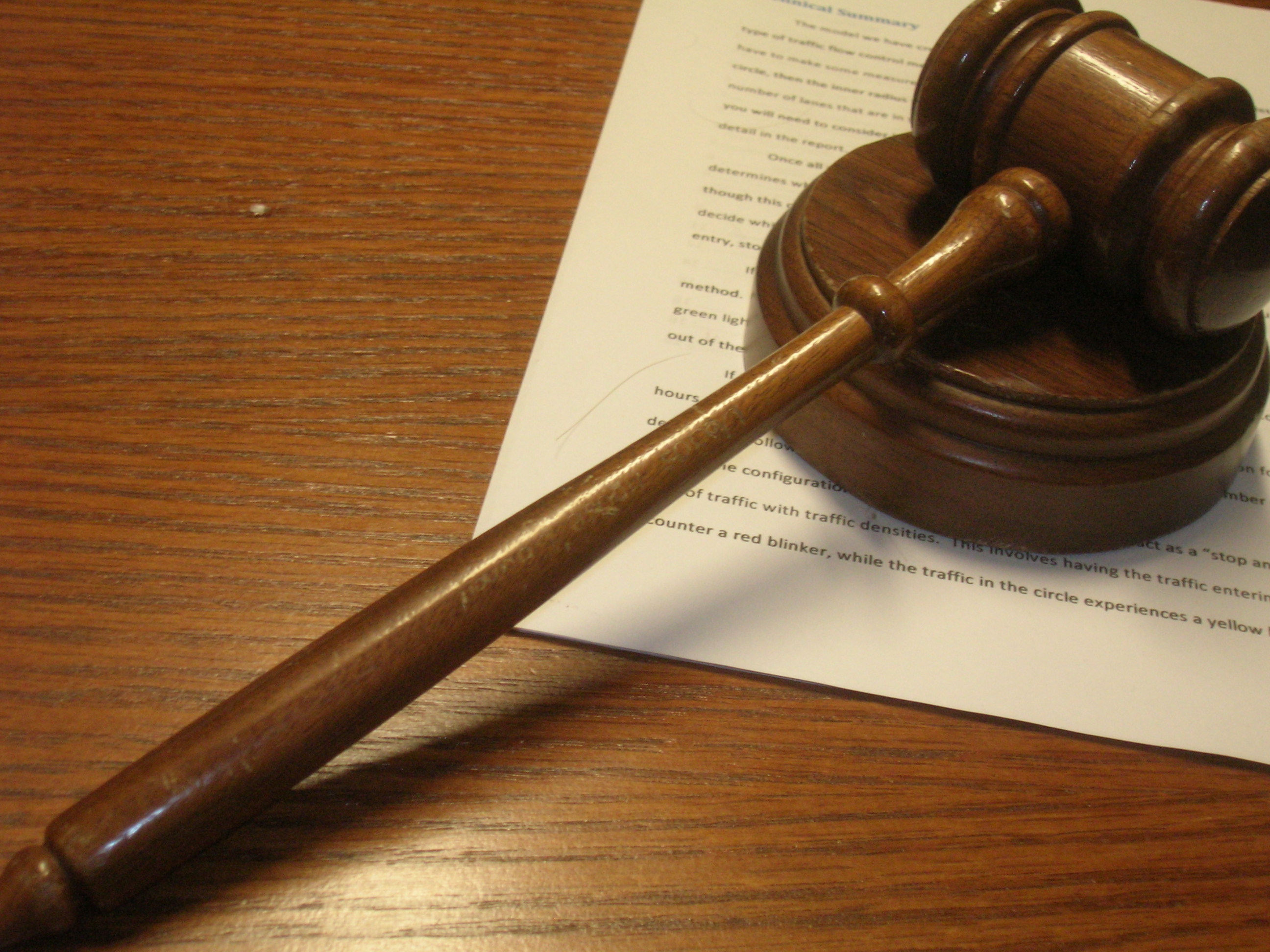Bail conditions that restrict the right to protest are unjust
Nine activists were left in limbo for three years because of their bail conditions, says the writer

Photo: Brian Turner via Flickr (CC BY 2.0)
Everyone has the right to assemble, demonstrate, march and picket, peacefully and unarmed, in terms of section 17 of the Constitution. But protestors often find themselves on the wrong side of the law, most commonly charged with public violence, malicious damage to property, damage to essential infrastructure, and even traffic offences, or subject to contempt of court orders and interdicts.
Those arrested go through bail application procedures as outlined in the Criminal Procedure Act. When granted bail, a court may impose bail conditions that an accused person must conform to until the matter is finalised, such as requiring the accused to visit the local police station once per week.
Often the accused person may no longer exercise their right to protest until a certain protest-related criminal matter is finalised.
On 22 July 2020, members of the Housing Assembly – a civil society organisation – took to the streets to demand provision of basic services, including access to water, for the Chatsworth community. The protest led to the arrest of 22 activists. Nine were charged and appeared in Malmesbury Magistrates Court for a bail hearing.
Frontline Defenders assisted the activists with legal resources. Their bail application was successful, and they each paid R300 bail. But a condition was attached that they should not organise or be involved in any protests until the criminal matter was finalised.
Afraid of being arrested again and having their bail revoked, the activists stopped all protest action. Their case was repeatedly postponed and they were prevented from protesting for three years. It remains uncertain how such a matter could be remanded for a period of three years without even a trial date.
This left the activists in a state of limbo, unable to protest or defend themselves properly due to the constant fear of having their bail revoked.
Such a practice seems to be aimed at silencing activists and has a chilling effect on communities who embark on protests. It also leads to a loss of confidence in the courts and the justice system.
Bail conditions aimed at preventing people from protesting is unjust and unconstitutional. The discretion of the presiding officers in a magistrate’s court to impose bail conditions that extend to unjustly limiting the right to protests is unacceptable and must be challenged.
Views expressed are not necessarily those of GroundUp.
Support independent journalism
Donate using Payfast

Don't miss out on the latest news
We respect your privacy, and promise we won't spam you.
Next: Immigration activists launch detention hotline as calls for help increase
Previous: Nontsikelelo Zwedala: an unsung hero of the struggle for HIV medicines
© 2023 GroundUp. This article is licensed under a Creative Commons Attribution-NoDerivatives 4.0 International License.
You may republish this article, so long as you credit the authors and GroundUp, and do not change the text. Please include a link back to the original article.
We put an invisible pixel in the article so that we can count traffic to republishers. All analytics tools are solely on our servers. We do not give our logs to any third party. Logs are deleted after two weeks. We do not use any IP address identifying information except to count regional traffic. We are solely interested in counting hits, not tracking users. If you republish, please do not delete the invisible pixel.
